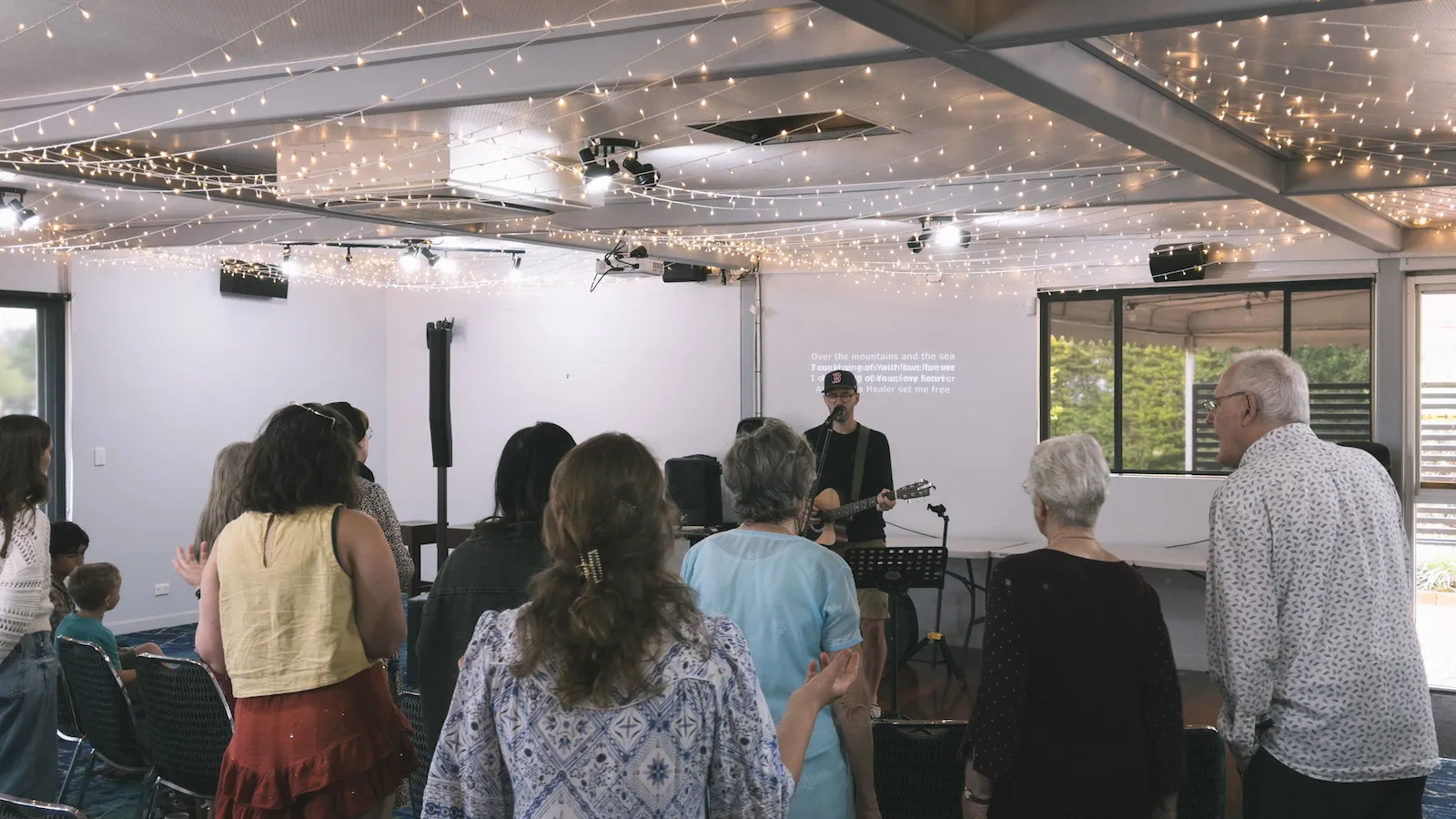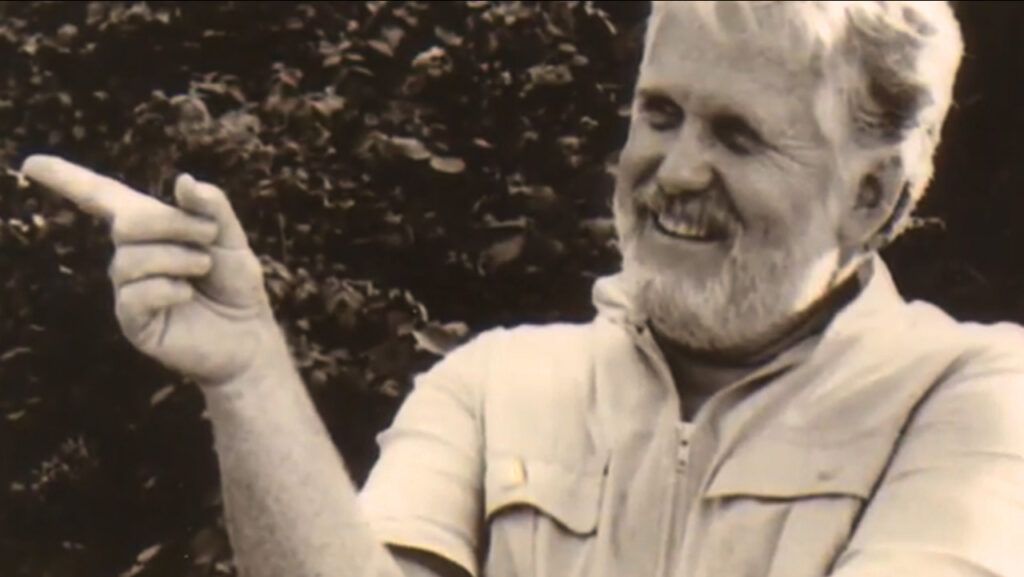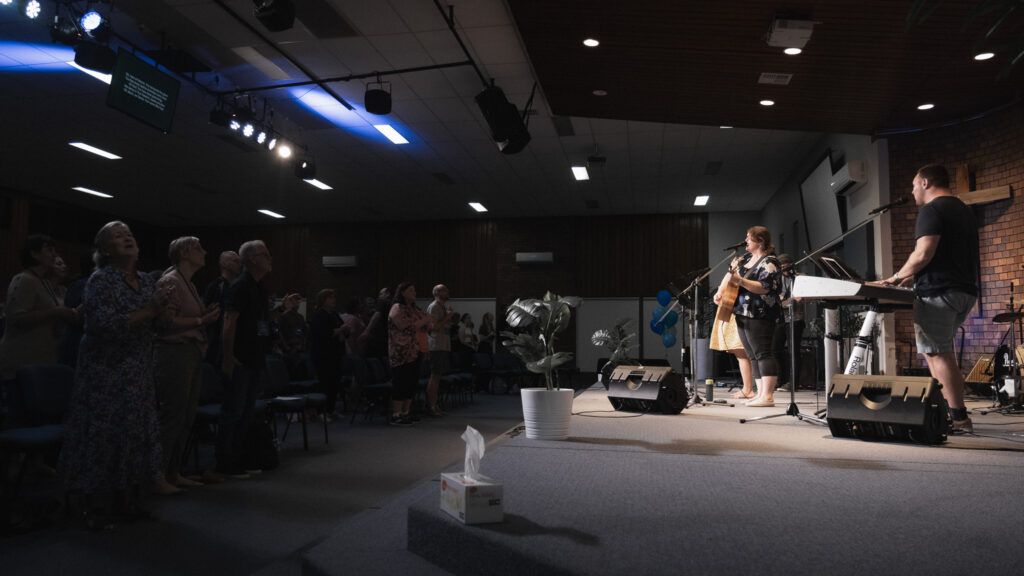Vineyard
What is a Vineyard Church, and do you do wine tasting?
About 5 or 6 years ago, Jen and I arrived at church early for worship practice. We recognised all the cars in the carpark aside from one. As we started unloading a man hopped out of this vehicle and asked us: “Hey, just wondering if you do wine tasting here?”
•

We responded in the negative and were somewhat perplexed as they drove off. In hindsight it would’ve been great opportunity for a conversation… perhaps offering wine tasting would be a good way to build the Kingdom?
Regardless, it was a reminder that most people (here in Australia at least) don’t know about Vineyard churches. If you’ve been coming along to TVC you might be curious. Our Vineyard-ness is very important to us. So I wanted to take a moment to share about what it means to us, and why it matters. This will be a very brief take, but I’ve provided some resources in text if you’d like to learn more (or fact check me!).
A wave of the Holy Spirit
Most people usually associate the origins of the Vineyard with John Wimber, but it was actually founded in the mid ’70’s by a bloke named Ken Gulliksen. It was a network of bible studies targeting those on the fringes of church culture, especially given the recent prevalence of the Jesus People movement in Southern California, where Gulliksen was situated.
In the early ’80’s a pastor named John Wimber was leading a Calvary Chapel church in SoCal, but due to their emphasis on signs and wonders, they agreed to stop using the Calvary Chapel name. It was at this point that Gulliksen’s ‘Vineyard’ and Wimber’s church joined forces and became the first Vineyard church.

The movement grew quickly. Though usually associated with its worship and travelling conferences, the Vineyard was a response to a range of social and religious factors:
- A re-emergent emphasis on signs and wonders. This had been a part of American church culture since the Pentecostal revival at Asuza Street in 1906. However, the Vineyard was instrumental in bringing the supernatural to the Evangelical church.
- The Word vs Spirit debate. Renewed emphasis on the movement of the Holy Spirit was controversial in the Vineyard’s early days. Wimber suggested these to didn’t need to be in tension. The Word reveals the Spirit, the Spirit moves through the Word.
- Modernisation of worship. Vineyard music was huge in the ’80’s and ’90’s. It was part of a shift towards more modern, personal, and intimate worship.
- Rediscovery of Kingdom theology. In 1964 George Eldon Ladd published The Presence of the Future. This marked a rediscovery of Jesus’ key message of the Kingdom of God, the backbone of Vineyard’s theology.
- Desire for authenticity and relevance. The Vineyard was also a reaction against so-called ‘cultural’ or ‘Sunday’ Christianity. Instead, the movement sought a more authentic expression of faith modelled on the life of Jesus.
If you want a more personal account of the Vineyard’s founding, and have 90 minutes to spare, I’d highly recommend you watch John Wimber’s testimony on Youtube. Aside from being very informative, it’s hilarious.
The go-to book on Vineyard’s founding is this one, if you’d like to read further.
The rest is… history?
From the Vineyard’s founding, it continued to grow and expand worldwide, including Australia. Outside of its own conferences and church planting endeavours, the movement also catalysed countless others… think HTB/Alpha, New Wine, and Soul Survivor, to name a few.
However, at perhaps the height of the movement’s success, John Wimber was diagnosed with cancer and passed away at 63 (November 17, 1997). The leadership succession was not seamless, and this led to somewhat of an identity crisis—who is the Vineyard apart from John Wimber? Nonetheless, although the movement changed dramatically at that moment, it managed to find its feet and continues to grow in the USA to this day.

This biography of Wimber’s life is a great starting place for the nitty gritty of the Vineyard’s history through these years.
Since Wimber’s passing the Vineyard has also flourished beyond the US and UK. There are supposedly Vineyard churches in 92+ countries, with significant movements in Canada, Central/South America, New Zealand, South Africa, the Himalayas, and Scandanavia. In Australia, the Vineyard had what we’ll gently call an ‘interesting’ journey. Yet things have turned around substantially and at the time of writing there are 18 Vineyard churches/plants here, with more on the way.
Legacy and future
Globally, we currently find ourselves at an important crossroads. The first generation of Vineyard leaders are passing on the churches they founded, and the second generation is increasingly taking the lead. The question we have to answer as a movement is: ‘to what extent do we try to preserve the institution we have been handed, and to what extent do we continue in Wimber’s tradition of cultural and spiritual reformation?’
In classic Vineyard fashion, I think the answer is ‘both’.
The Vineyard today is very relationship-oriented, and somewhat slippery to define. We do have a statement of faith, though it’s not universally accepted (it’s being rewritten by Vineyard scholars as we speak). More often, we describe the Vineyard in terms of its ‘distinctives‘, memorable sayings like:
- Everyone gets to play
- The now and the not yet
- The main and the plain
- Come as you are, don’t stay as you are
- Remember the poor
- Faith is spelled ‘r-i-s-k’
- …and many more
We consider these axioms to be part of our ‘DNA’, and it’s so important to transmit these learnings through the generations. Yet they each emerged in response to a cultural context, and that context is changing.
For instance, ‘everyone gets to play’ was revolutionary in a day when ministry belonged to the ordained, and the congregation were essentially spectators. That approach still exists ‘out there’, but for people who grew up in the Vineyard, I feel the emphasis is shifting to ‘everyone NEEDS to play.’
We actually spent our first ever series as a church (back in the living room days) going through these distinctives, and how they might be changing in our time. You can have a listen to them on Apple, Spotify, or here — episodes #2-10.
Why it matters
No one in the Vineyard thinks we’re the ones that finally got it right. But we do believe our way is important. We bring a piece of the kingdom puzzle to our city, nation, and world, which no one else does in quite the same way.

Beyond the Vineyard itself, our distinctives have had an important impact on the global church. Wimber’s teaching, embodied by Vineyard practice, helped bring the joy of following Jesus to a new generation. In many ways, the Vineyard also helped pave the way for a rediscovery of Kingdom Theology. I personally believe this is going to lead to a significant reformation of the whole church in our lifetimes (if you need convincing, read this).
It’s Jen’s and my hope that as a church, we will engage with our wider movement. We’re part of a wonderful story that God is still writing. Our movement is also filled with great people and Vineyard events are always a hoot.
So how can you get involved?
- Read a Vineyard book. This is a great place to start. Or this (let us know if you’d like to borrow a copy).
- Come to a Vineyard conference. Aside from being fun, this is probably the best way to get more involved.
- Check out Vineyard Worship. I’m quite partial to the older stuff, but their new releases are great too.
- Visit a Vineyard church. If you’re reading this and haven’t been, go visit! You can find Vineyard churches in Australia here. We hear there’s a really great one in Toowoomba.
Finally, to answer your question, we don’t do wine tasting yet. But we do have communion every week and that’s pretty close?
More posts

All about kids church at TVC
At Toowoomba Vineyard Church we have a heart for our littlies and want them to enjoy the teachings and fellowship of church just as…

What we do: Jesus-shaped community
Over the last month and a bit, we’ve been exploring the four words that make up our ‘mission’, or—in plain English—what we do as…

What we do: We partner with God’s mission
Welcome to the third instalment of our what we do blog series. The purpose of these posts is to set out our four part…
How to connect
Are you looking for a church to call home? Want to learn more about Jesus or Christianity? We’d love to connect. You can get in touch at the link below, or visit us on Sunday.
Leave a Reply